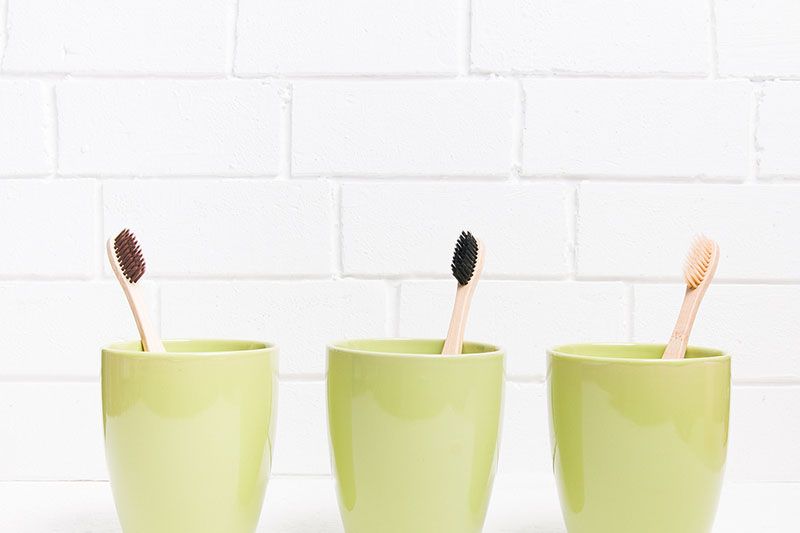Bitten Cheek Treatment: Fast Relief
The agony of a bitten cheek can be quite distracting, making it difficult to focus on daily activities. Whether it’s due to a momentary lapse in coordination while eating or an accidental bite from a child, the pain and discomfort can be overwhelming. Fortunately, there are several effective treatments and remedies that can provide fast relief from the throbbing ache of a bitten cheek.
Understanding the Injury
Before delving into the treatments, it’s essential to understand the nature of the injury. A bitten cheek, also known as a bitten buccal mucosa, occurs when the inner lining of the cheek is accidentally bitten, usually between the upper and lower teeth. This can cause pain, swelling, and bleeding, depending on the severity of the bite. In most cases, the injury is minor and can be treated with simple home remedies. However, if the bleeding is heavy or doesn’t stop after a few minutes, it’s crucial to seek medical attention.
Home Remedies for Fast Relief
There are several home remedies that can provide fast relief from the discomfort of a bitten cheek. Some of the most effective include:
- Cold Compress: Applying a cold, wet washcloth to the affected area can help reduce pain and swelling. The cold temperature constricts blood vessels, which can help minimize bleeding and ease discomfort.
- Salt Water Rinse: Rinsing the mouth with warm salt water several times a day can help reduce pain and inflammation. The saltwater solution has antibacterial properties, which can help prevent infection.
- Topical Anesthetics: Over-the-counter topical anesthetics, such as Orajel or Anbesol, can be applied directly to the affected area to numb the pain. These products contain ingredients like benzocaine or lidocaine, which can provide temporary relief.
- Aloe Vera Gel: Aloe vera has anti-inflammatory properties that can help soothe the pain and reduce swelling. Applying aloe vera gel to the affected area can provide fast relief and promote healing.
Professional Treatments
In some cases, a bitten cheek may require professional treatment, especially if the injury is severe or doesn’t respond to home remedies. A dentist or oral surgeon can assess the injury and provide appropriate treatment, which may include:
- Stitches: If the bite is deep or bleeding heavily, stitches may be necessary to close the wound and promote healing.
- Antibiotics: If there’s a risk of infection, antibiotics may be prescribed to prevent bacterial growth and promote healing.
- Pain Management: In some cases, prescription pain medication may be necessary to manage discomfort and pain.
Prevention is Key
While treatments can provide fast relief from the discomfort of a bitten cheek, prevention is always the best approach. Some ways to prevent accidental bites include:
- Eating Slowly: Eating slowly and carefully can help prevent accidental bites.
- Avoiding Hard or Sticky Foods: Avoiding hard or sticky foods, such as nuts or caramel, can reduce the risk of biting the cheek.
- Practicing Good Oral Hygiene: Practicing good oral hygiene, including regular brushing and flossing, can help prevent oral injuries.
FAQ Section
How long does it take for a bitten cheek to heal?
+The healing time for a bitten cheek can vary depending on the severity of the injury. In most cases, minor bites can heal within a few days to a week. However, more severe injuries may take longer to heal, and it's essential to consult with a dentist or oral surgeon for proper evaluation and treatment.
Can I use ice to reduce swelling?
+Yes, applying ice to the affected area can help reduce swelling and ease discomfort. However, it's essential to wrap the ice in a cloth or towel to avoid direct contact with the skin, as this can cause further injury.
When should I seek medical attention for a bitten cheek?
+It's essential to seek medical attention if the bleeding is heavy or doesn't stop after a few minutes, if there's severe pain or swelling, or if there's a risk of infection. Additionally, if you have a weakened immune system or are taking medications that affect blood clotting, it's crucial to consult with a dentist or oral surgeon for proper evaluation and treatment.
In conclusion, a bitten cheek can be a painful and uncomfortable experience, but there are several effective treatments and remedies that can provide fast relief. By understanding the nature of the injury and using home remedies or seeking professional treatment, individuals can alleviate discomfort and promote healing. Remember, prevention is key, and practicing good oral hygiene and eating carefully can help reduce the risk of accidental bites.
